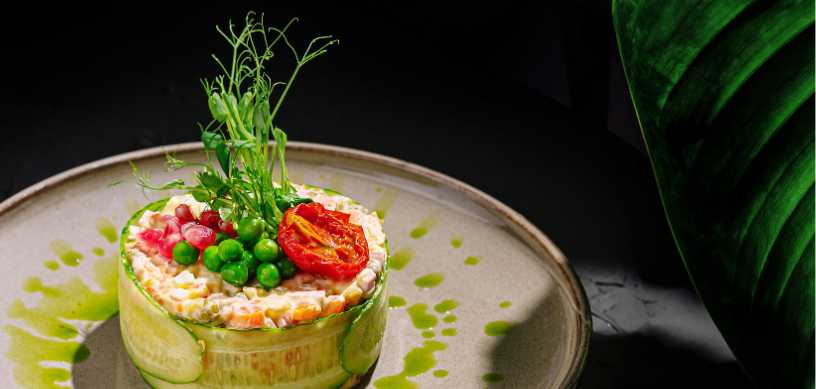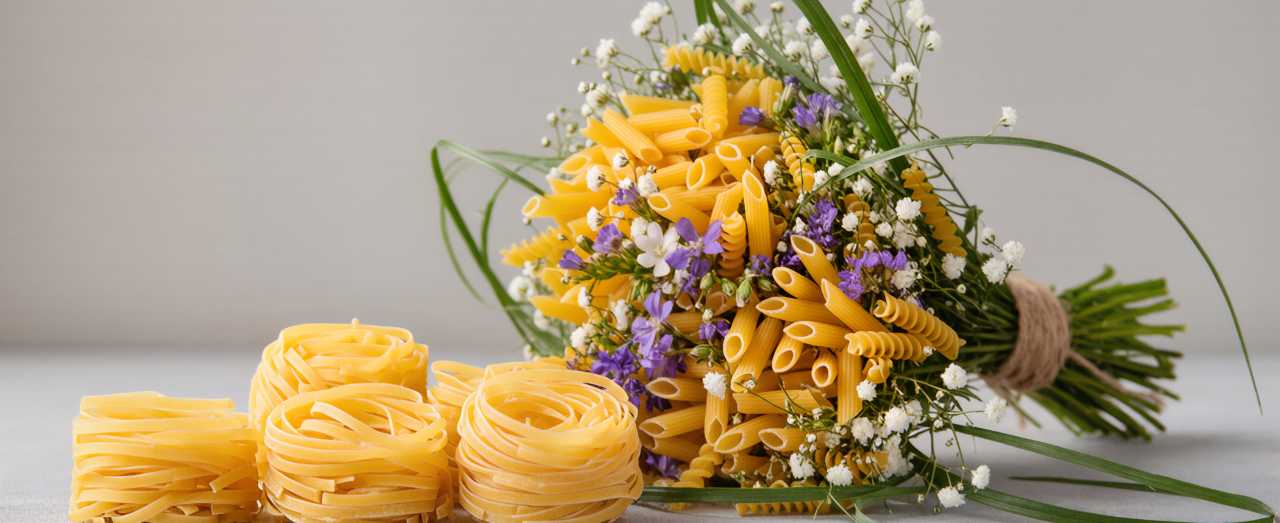Italy isn’t just a place to discover excellent cuisine to eat but its a place to learn why the food in Italy is so good. Culinary Art schools in Italy combine history and contemporary techniques in everything that is made, from gelato, wine, pastry to precision pasta and regional sauces. In the schools, the students don’t just follow the recipes but they learn cutting-edge techniques that will influence gastronomy in the future while immersing themselves in centuries-old customs.
Why Study Culinary Arts in Italy?
- Regional depth: You get an integrated "tour" of terroir and techniques because every region has its own products, methods, and recipes of food.
- Practical training: There are labs, kitchen experience, and internships/stages in hotels and restaurants that are given top priority by the majority of schools.
- Career networks: There are also strong industry ties and alumni networks which are the result of Italy's reputation as a world leader in food.
How to Choose the Right Institution for Culinary Arts in Italy
While choosing the institution, check the following details before taking admission:
- Check the program focus: wine/food studies, gelato, pizza, pastry/bakery, or hotel management versus cuisine.
- Look at the type of credential: master's/specialization, bachelor's degree, diploma, or short course.
- Industry exposure through chef-instructor profiles, partner restaurants and hotels, and internships.
- Language and location: major cities (Rome, Florence) against smaller centers (Parma region, Brescia). Verify the language level criteria for the many programs that use English.
Top Institutions for Culinary Arts in Italy
The following are the top institutions for pursuing culinary arts in Italy:
ALMA-The School of Italian Culinary Arts (Colorno, Parma)
ALMA school is often considered the benchmark for Italian culinary education. It offers professional chefs, pastry, bakery, pizza, gelato and much more with strong placement opportunities and an international partner network. There is a significant terroir value added by Colorno's close proximity to Parma, which is the birthplace of famous products like Parmigiano Reggiano. Anticipate demanding theory, internships, and kitchen labs. This school is ideal for students who are looking for a premier Italian culinary education with a wide range of career options.
Apicius International School of Hospitality (FUA-AUF, Florence)
Apicius blends culinary and hospitality training with multiple options that range from short courses to multi-year programs in food & wine along with hospitality. Markets, producers, and bakeries in Florence serve as a live classroom that enhances learning, and Apicius is renowned for its global perspective and WACS-accredited culinary courses.
ICIF-Italian Culinary Institute for Foreigners (Costigliole d’Asti, Piedmont)
ICIF offers professional courses in Italian cuisines, oenology, coffee, pizza and more, as it is founded to train foreign chefs in authentic Italian cuisines. The location of the institute gives access to one of Italy’s richest food and wine regions. Also, the programs include a combination of kitchen training along with cultural immersion and producer visits.
Gambero Rosso Academy (Multiple locations, incl. Rome)
Gambero Rosso Academy offers expert classes, wine, pastry, and cuisine tastings, as well as certifications in a number of Italian cities. This academy is also supported by one of the most well-known culinary media companies in Italy. The industry gatherings and media connections provide beneficial exposure to professionals and trends.
University of Gastronomic Sciences – UNISG (Pollenzo, Piedmont)
It was formed by the Slow Food movement. UNISG is widely known for gastronomic sciences, including food systems, sustainability, culture, sensory analysis, and product development, even though it is not a culinary school in the traditional sense. The programs in this university incorporate labs (such as the Pollenzo Food Lab), producer visits, and field research. Combining UNISG expertise with previous culinary experience can lead to opportunities in sustainable leadership, media, R&D, and education.
Italian Chef Academy (Rome)
Italian Chef Academy located in Rome bills itself as a professional launching pad, which offers Michelin-starred speciality courses in addition to basic programs in pastry and cooking. It is suitable for ambitious starters and career changers who are looking for rigorous upskilling in the capital due to its small cohorts, international access, and focused masterclasses.
Italian Culinary Institute (Calabria)
The Italian Culinary Institute offers short, intensive courses in cuisine, pastry, gelato, cheesemaking, and charcuterie that are often taught by renowned chefs and cover lodging, meals, travel, and course materials. Professionals and culinary teachers who want to advance swiftly can find this institute very helpful.
Scholarships to Study Culinary Arts in Italy
While studying culinary arts in Italy, there are a wide range of scholarships and financial aid programs that are available for the international students to make these programs more accessible. There are institution-specific as well as government-sponsored scholarships. These are as follows:
Institution-specific scholarships
- ALMA – The School of Italian Culinary Arts (Parma)
- University of Gastronomic Sciences – UNISG (Pollenzo, Piedmont)
- Italian Culinary Institute (Calabria)
National & Regional scholarships
- Italian Government Scholarships (MAECI)
- Regional Scholarships (DSU)
- Erasmus+ and EU Scholarships
Eligibility Criteria
- Language: Multiple programs in Italian institutions are offered in English. However, basic Italian boosts the communication with local people, and it also increases stage options.
- Visas: Non-EU students generally need to have a study visa which is necessary for studying as well as living in Italy.
- Internships: Prioritize schools with structured placements and strong local partnerships—these often lead to first jobs.
Career Prospects
After completing the program, one can make their career in the following sectors:
- Restaurant kitchens: Work as chef-de-parties in Italy. One can also work abroad.
- Pastry & bakery: Open boutique pâtisseries, hotels, or product development.
- Specialized arts: Pizza, gelato, coffee, and wine service/sommelier roles.
- Food business & media: Product management, food styling, content, consulting.
- Gastronomy & sustainability: With UNISG-type training, roles in food policy, supply chains, and sustainable sourcing.

FAQs - Best Institution for Culinary Arts in Italy
Why should one study culinary arts in Italy?
Italy offers theory along with practical experiences and strong industry networks, which helps launch global culinary careers.
Which are the top culinary institutions in Italy?
ALMA, Italian Culinary Institute, Italian Chef Academy, University of Gastronomic Sciences—UNISG, Gambero Rosso Academy, Apicius International School of Hospitality, and ICIF are some of the top institutions in Italy for culinary arts.
Are scholarships available for international students?
Yes. There are institution-specific as well as government/regional-specific scholarships available for international students.
Is knowing Italian necessary to study in Italy?
No. Many programs are in English, but knowing the Italian language is a plus point, as it improves daily life, enhances internships, and increases job opportunities in Italy.
What are the career prospects after completing a culinary program?
After graduating, one can work as a chef, open their own boutique pâtisseries or hotels, write and produce content about food business, or work as a food policy maker with UNISG-type training.
For further assistance or queries, students can contact us, Edwise International, and avail our wide range of services for students in destinations like Universities in Australia, study in Australia, study in UK, study in USA, study in Canada, study in Ireland, study in New-Zealand, study in Singapore, study in Italy, study in Germany, study in France and many other countries.






